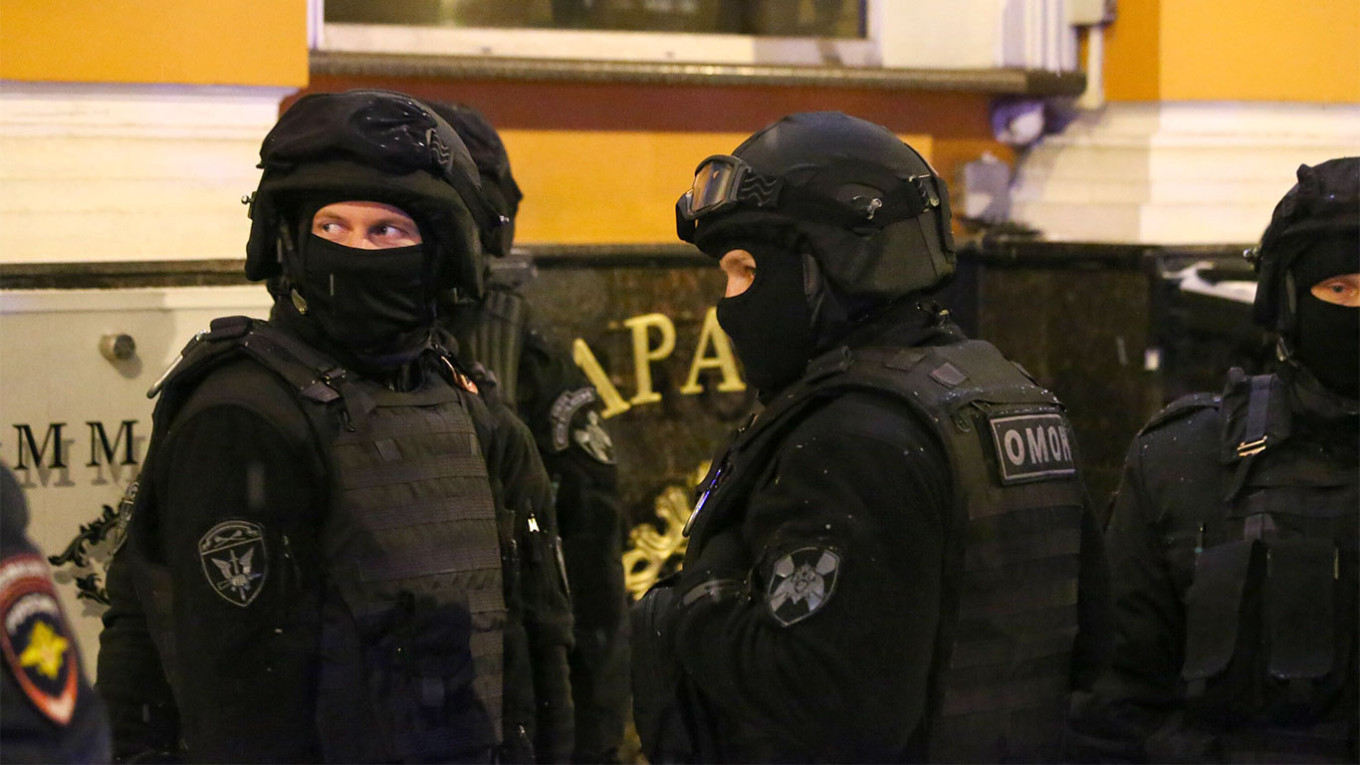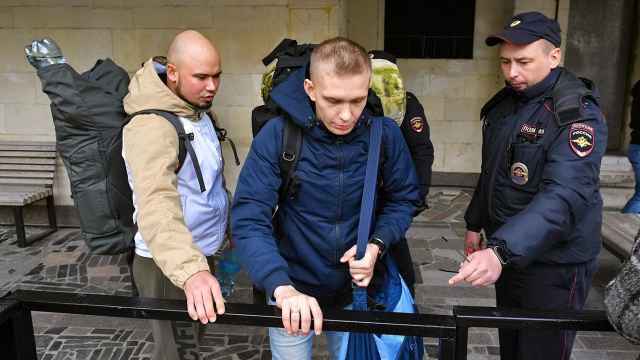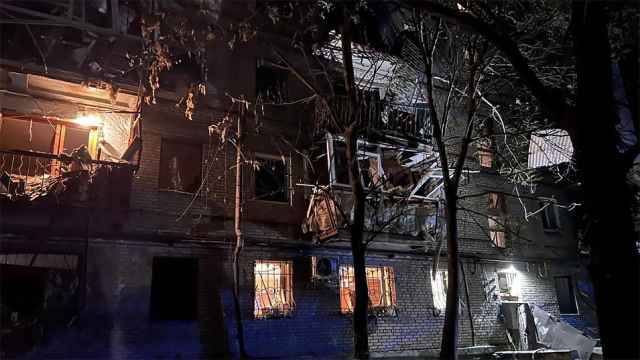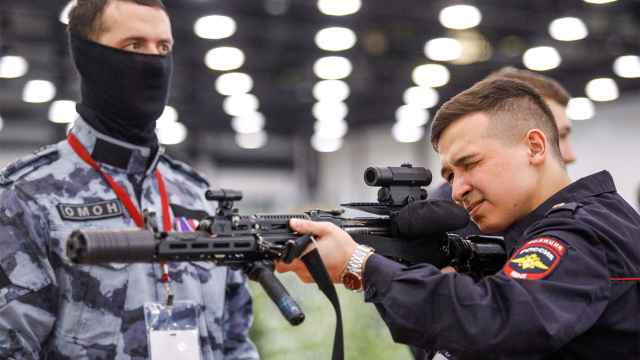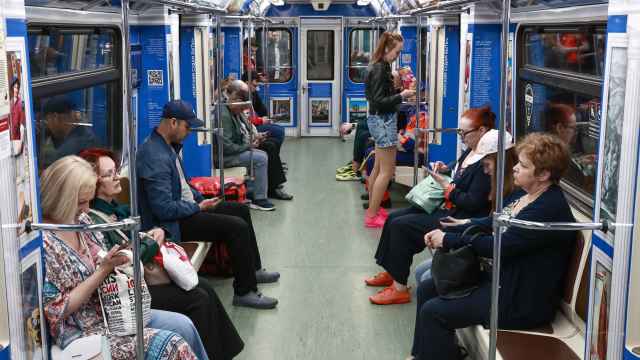Russian security agents have stepped up the humiliation and intimidation of anti-war activists to suppress dissent among the wider public, the BBC’s Russian service reported.
Russian anthropologists refer to the tactics, which involve on-camera apologies or acts of performative patriotism to atone for opposing the war in Ukraine, as “guilt-shame rituals.”
These rituals “serve two functions: first humiliate a specific person, then send a message to the public,” researcher and anthropologist Alexandra Arkhipova told BBC Russian in the report published Thursday.
“Modern information autocracies don’t work like the classic Stalinist totalitarian system. Their task is not to quietly destroy large groups of people like comrade Stalin. Their task is to frighten the rest to silence them,” Arkhipova was quoted as saying.
The guilt-shame rituals have traditionally been associated with the North Caucasus republic of Chechnya, which is ruled with an iron fist by regional leader Ramzan Kadyrov.
But in recent years — and especially in the months since Russia invaded Ukraine — such tactics have permeated into other Russian regions.
Two recent high-profile guilt-shame incidents took place when officers raided two Moscow pubs on March 17 and an art event on March 19.
Officers pressured bar staff and patrons to sing a patriotic song on camera and forced the art event attendees to lie face down for an extended period. No charges were pressed in either incident.
The bar owners apologized to the security forces after the incident, which was broadcast on state media alongside the disputed claim that they had raised money for the Ukrainian army, for “wasting their time.”
In April 2022, 18-year-old student Mikhail Sukhoruchkin was filmed apologizing at a Kaliningrad police station for spray painting an anti-Putin slogan onto a war monument after seeing reports of alleged Russian atrocities against civilians on the Kyiv suburb of Bucha.
“I have very little life experience and have absorbed information from compromised and unreliable sources,” Sukhoruchkin could be heard saying in the video that was widely shared on pro-war social media channels.
Days later he fled to Poland, where he sought political asylum, and has since settled in France.
A human rights group’s complaint to review the legality of on-camera apologies is still under consideration by the European Court of Human Rights (ECHR), BBC Russian said.
A Message from The Moscow Times:
Dear readers,
We are facing unprecedented challenges. Russia's Prosecutor General's Office has designated The Moscow Times as an "undesirable" organization, criminalizing our work and putting our staff at risk of prosecution. This follows our earlier unjust labeling as a "foreign agent."
These actions are direct attempts to silence independent journalism in Russia. The authorities claim our work "discredits the decisions of the Russian leadership." We see things differently: we strive to provide accurate, unbiased reporting on Russia.
We, the journalists of The Moscow Times, refuse to be silenced. But to continue our work, we need your help.
Your support, no matter how small, makes a world of difference. If you can, please support us monthly starting from just $2. It's quick to set up, and every contribution makes a significant impact.
By supporting The Moscow Times, you're defending open, independent journalism in the face of repression. Thank you for standing with us.
Remind me later.


